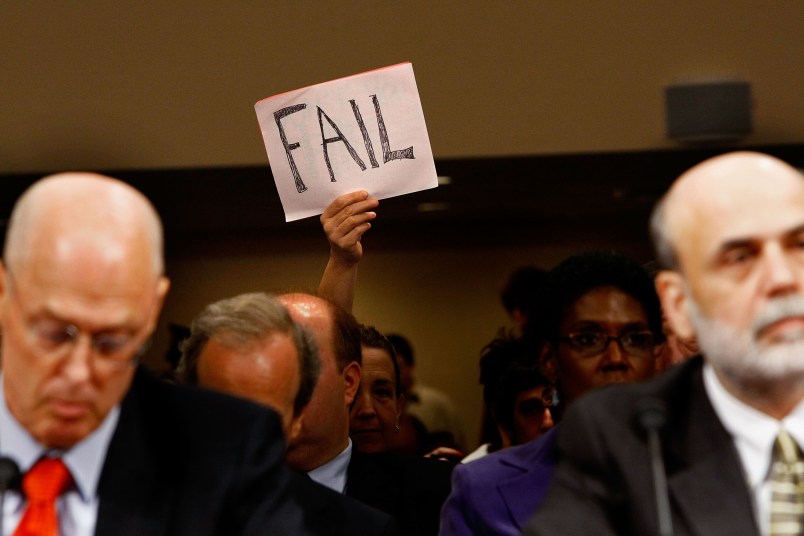Key takeaways:
- Senator Elissa Slotkin plans to withhold her vote on government funding unless the Trump administration assures that funds will be spent according to congressional intent, highlighting concerns over executive spending practices.
- The Senate requires a bipartisan approach to pass a continuing resolution and avoid a government shutdown, needing at least seven Democratic senators to support the resolution, emphasizing Congress’s role in controlling government spending.
- The situation underscores the tension between the legislative and executive branches over budgetary control, with Slotkin’s stance reflecting concerns about executive overreach and the importance of congressional oversight in federal resource allocation.
With a potential government shutdown looming, Senator Elissa Slotkin, a Democrat from Michigan, has announced her intention to withhold her vote on government funding. Slotkin’s decision is contingent on receiving assurances from the Trump administration that allocated funds will be spent in accordance with congressional intent. In an interview on NBC News’ “Meet the Press,” Slotkin expressed her concerns about the administration’s spending practices, stating that the president has been making spending decisions independently, even when a bipartisan budget has been agreed upon.
The situation presents a significant challenge as the deadline for a government shutdown approaches. While the House of Representatives, led by Republicans, is expected to pass a continuing resolution without Democratic support, the Senate requires a more bipartisan approach. Republicans will need at least seven Democratic senators to vote in favor of the resolution to avoid a shutdown. This requirement underscores the constitutional role of Congress in controlling government spending.
The debate highlights the ongoing tension between the legislative and executive branches over budgetary control. Slotkin’s stance emphasizes the importance of congressional oversight in ensuring that government funds are used as intended by lawmakers. Her decision to withhold her vote reflects broader concerns about executive overreach and the need for accountability in the allocation of federal resources.
As the deadline nears, the political dynamics in the Senate will be crucial in determining whether a government shutdown can be averted. The situation underscores the complexities of the legislative process and the critical role of bipartisan cooperation in addressing national issues. The outcome will not only impact government operations but also set a precedent for future negotiations between Congress and the administration.



Be First to Comment